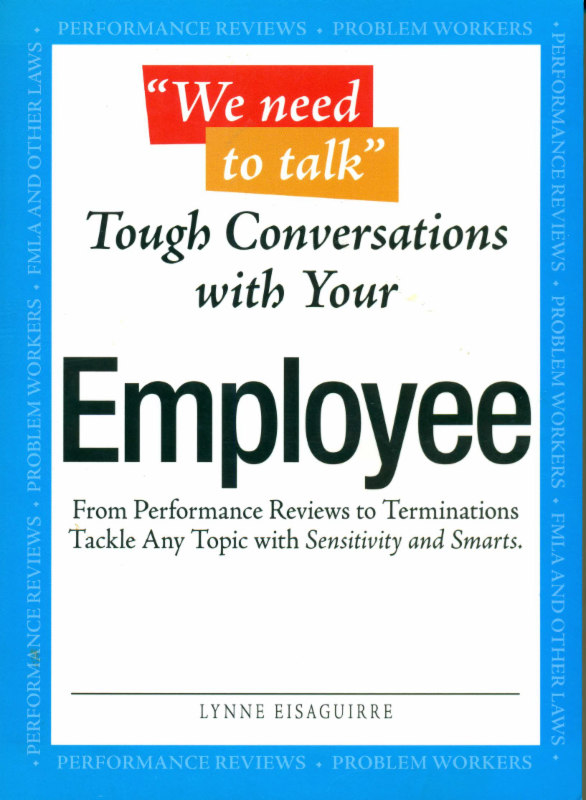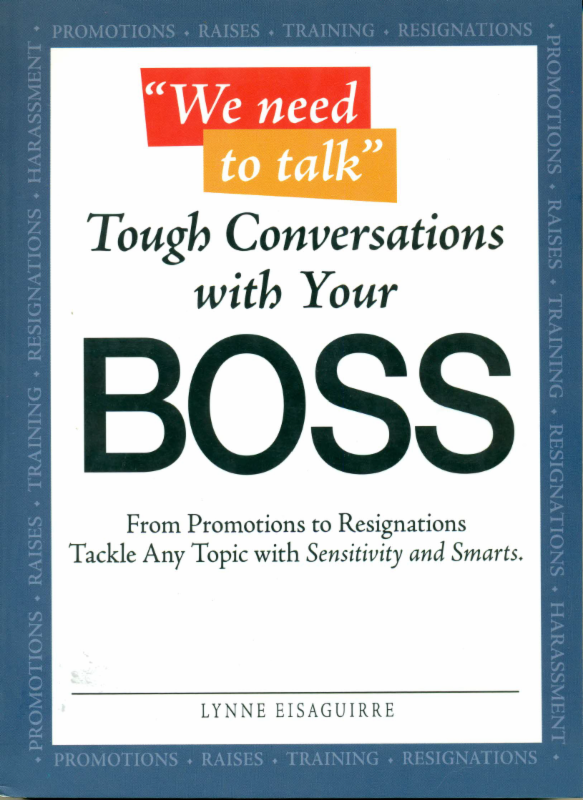|
Coaching the Uncoachable: When to Fold
 Some people simply are not coachable. This has been a hard lesson for me to learn. I’m one of those persistent people who rarely gives up once I’m committed and I will follow my coaching clients off a cliff whilst trying to help them succeed. Some people simply are not coachable. This has been a hard lesson for me to learn. I’m one of those persistent people who rarely gives up once I’m committed and I will follow my coaching clients off a cliff whilst trying to help them succeed.
Yet I’ve learned that some people simply don’t have the desire or ability to change and even the best coaching won’t move them along the path. You can offer various carrots and sticks, try to motivate them according to their values, talk, talk, talk and listen, listen, listen — to no avail.
“…some people simply don’t have the desire or ability to change and even the best coaching won’t move them along the path.”
What do you do at that point? You fold. But as Kenny Rogers said, you have to know WHEN to fold. https://www.youtube.com/watch?v=Jj4nJ1YEAp4
What Should You Do?
As a leader coaching your staff, how do you know when to fold? Follow these signs:
- Going through the motions. You have the nagging feeling that you’re being played. They’re going through the motions but you’re not seeing results.
- Excuse making. Even though you’ve agreed upon measurements up front, they continue to have a litany of excuses for why things can’t be accomplished or finished.
- Cancellations. They frequently cancel or reschedule appointments with you.
- Nagging. You feel as if you’re repeating yourself, nagging and pushing. You’re working harder for their success than they are.
- Co-worker complaints. Their co-workers continue to complain that the original objectionable behaviors persist.
If you see several of these signs even after you’ve given coaching a reasonable time period (at least as much time as you would give a new employee to get on board), know that it’s time to fold.
 Did You Know Did You Know
Our leadership and management classes cover effective coaching techniques and outcomes.
Call or write us at: 303-216-1020 or Lynne@workplacesthatwork.com
Learn more about our training offerings and check out our team members at:
Read Lynne’s book “We Need to Talk” – Tough Conversations With Your Employee and learn how to tackle any topic with sensitivity and smarts.
|
 April 2, 2018
April 2, 2018
 Many complaints about bullying involve what complainants label as condescending or demeaning behavior. When coaching those accused of this behavior, we find that they frequently do not understand what we mean by those terms.
Many complaints about bullying involve what complainants label as condescending or demeaning behavior. When coaching those accused of this behavior, we find that they frequently do not understand what we mean by those terms.


 In response to all the #metoo media, most of my clients are conducting new sexual harassment training. For many, that means exploring the wild world of online training because of various location or budget constraints.
In response to all the #metoo media, most of my clients are conducting new sexual harassment training. For many, that means exploring the wild world of online training because of various location or budget constraints. I have partnered with Fair Measures, Inc. for many years to teach their webinars. I selected this organization because their quality is higher than anything else I have seen. For more information about the Fair Measures approach:
I have partnered with Fair Measures, Inc. for many years to teach their webinars. I selected this organization because their quality is higher than anything else I have seen. For more information about the Fair Measures approach: 
 Some people simply are not coachable. This has been a hard lesson for me to learn. I’m one of those persistent people who rarely gives up once I’m committed and I will follow my coaching clients off a cliff whilst trying to help them succeed.
Some people simply are not coachable. This has been a hard lesson for me to learn. I’m one of those persistent people who rarely gives up once I’m committed and I will follow my coaching clients off a cliff whilst trying to help them succeed.
 We seem to have a lot of client requests these days for communications coaching and workshops that involve bullying, demeaning or sarcastic comments. Sometimes people describe these attacks as harassment, even though it doesn’t meet the legal or policy definition. Many times, the inappropriate comments come though social media, texting or emailing.
We seem to have a lot of client requests these days for communications coaching and workshops that involve bullying, demeaning or sarcastic comments. Sometimes people describe these attacks as harassment, even though it doesn’t meet the legal or policy definition. Many times, the inappropriate comments come though social media, texting or emailing.






 The good news: you’ve just received a promotion; the bad news: you’ve left close friends behind. This awkward position is so common that if you poll executives, 90% of them will confess that they have managed former peers.
The good news: you’ve just received a promotion; the bad news: you’ve left close friends behind. This awkward position is so common that if you poll executives, 90% of them will confess that they have managed former peers.